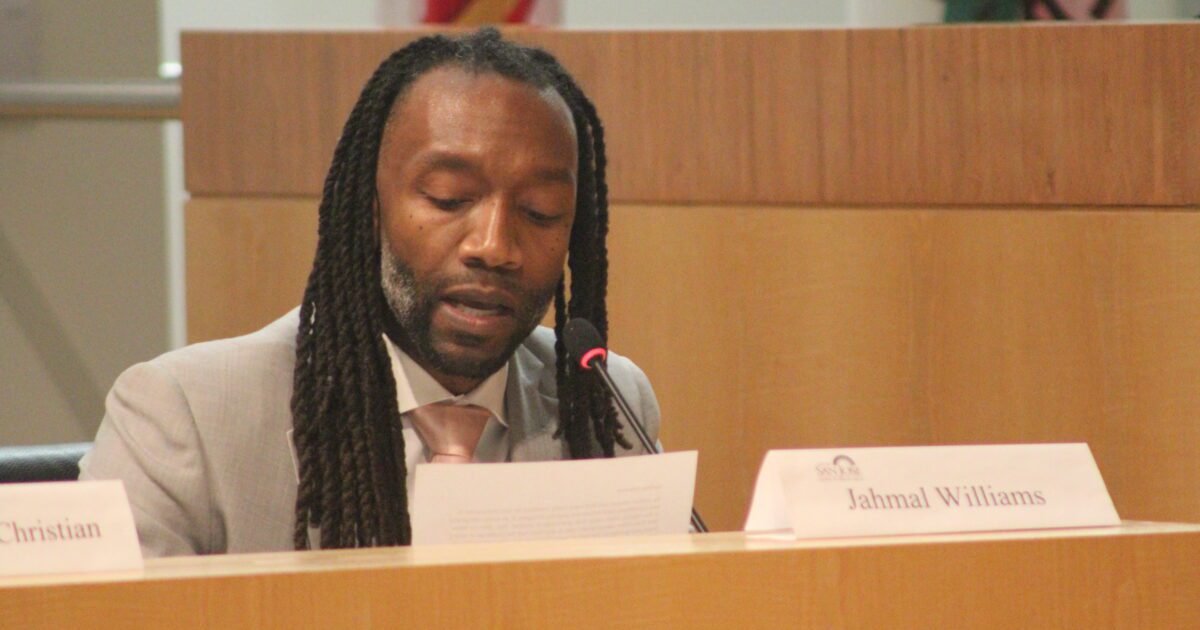
"There's a particular ache familiar to many Black residents in San Jose and across Silicon Valley: the uneasy realization that when you enter a room, you will likely be the only one who looks like you, while your story fades into the background as others take center stage. For decades, as new communities have thrived in the world's tech capital, the deep roots, culture and resilience of Black life in the South Bay too often go unseen."
"We're told to "pull ourselves up by our bootstraps," but few appreciate how tattered our boots have become and that we have worn the souls of them off from decades spent climbing steep hills against all odds. Representation is more than symbolism - it's the very infrastructure of progress. When our names aren't uttered, our needs and our existence are omitted from every important conversation. Critical issues like equitable funding for Black-led organizations, fair access to health care and education and justice in public safety are too easily forgotten."
"Against this backdrop, the stakes have never been higher. As of this week, the U.S. Supreme Court is actively considering a case that could fundamentally alter the Voting Rights Act of 1965, a pillar of civil rights that has helped guard against racial discrimination at the ballot box. The court's conservative majority appears likely to strike down or weaken Section 2, which prohibits electoral maps that dilute minority voting power. According to Harvard law professor Nicholas Stephanopulos, "States with unified Republican leadership would likely attempt to eliminate most of all minority-opportunity districts." The implications for Black communities in Silicon Valley and beyond are seismic: It would likely lead to 27 Democratic congressional seats being lost and"
Black residents in San Jose and Silicon Valley frequently experience social isolation and underrepresentation, with cultural roots and resilience often unseen amid new thriving communities. Limited Black presence in political chambers, boards, commissions, and county leadership reflects historic disenfranchisement and reduces attention to community needs. Economic and social barriers have eroded the ability to advance solely through individual effort. Representation functions as infrastructure for progress; absence from key forums leads to omission of funding, health care, education, and public safety priorities. The U.S. Supreme Court consideration of a case threatening Section 2 of the Voting Rights Act risks dramatic weakening of minority electoral power and substantial loss of political representation.
Read at San Jose Spotlight
Unable to calculate read time
Collection
[
|
...
]